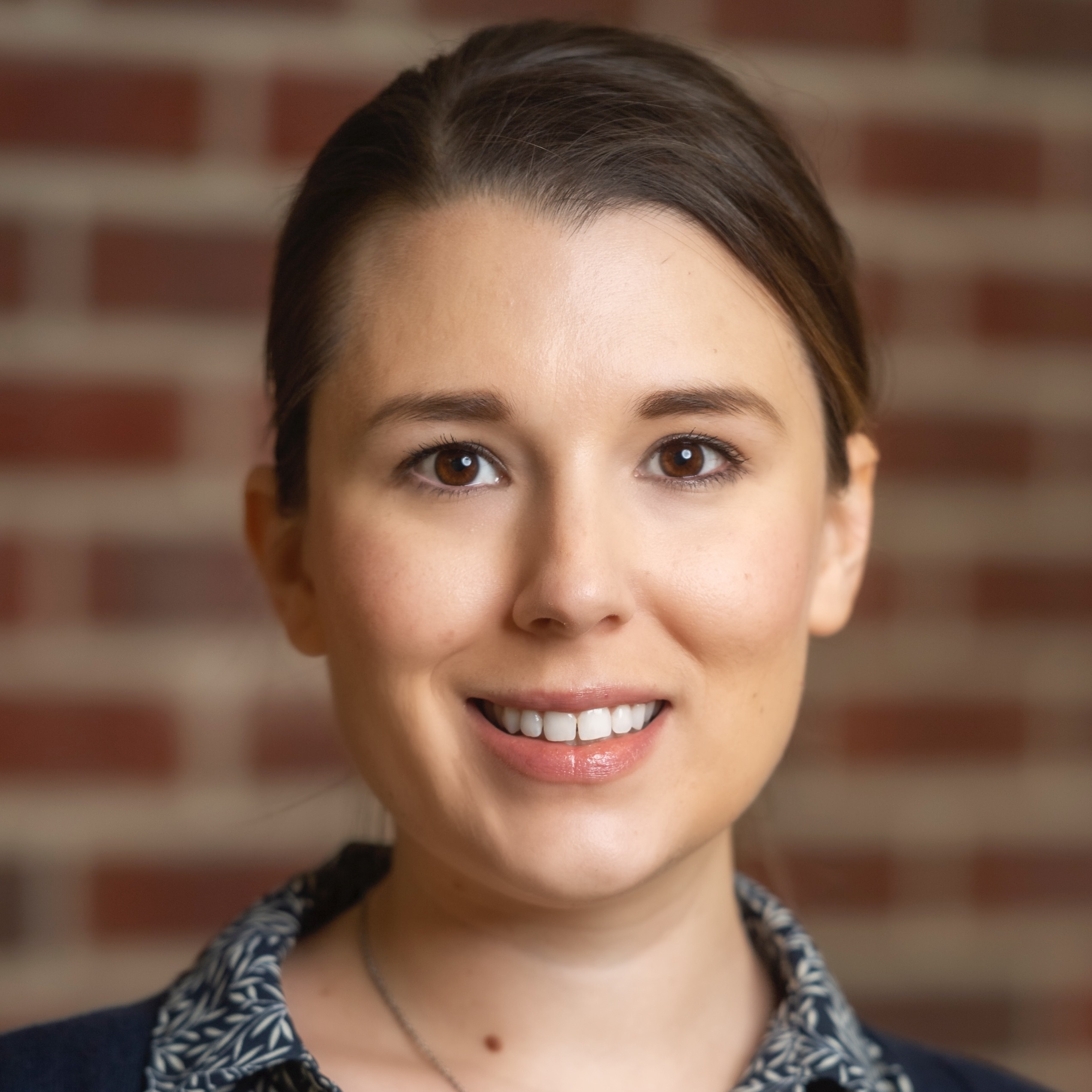IU School of Public Health-Bloomington (SPH-B) Assistant Professor Angela G. Campbell, Ph.D. recently completed stage one of a research project in partnership with Dove Recovery House for Women and Stagz Transitional Housing in Indianapolis. This work, completed in cooperation with Stagz founder and CEO Kimberly Beckwith, focused on neonatal opioid withdrawal syndrome and substance abuse amongst Black women of reproductive age.
“As a maternal health researcher, I am very interested in infant outcomes and what’s going on with mom because they are so intimately linked,” says Dr. Campbell. “Black infants were getting identified less frequently or later in the process and Black women less likely to get medication for opioid use disorder, and I was wondering if there was a different trajectory for them.”
One of Dr. Campbell’s areas of research is health disparities in minority populations. She recently received a grant of $25,000 from IU Addictions Crisis Grand Challenge to conduct qualitative interviews with Black women of reproductive age, which she expanded to substance use disorder for Black women in general. Campbell says that Beckwith (more informally known as “Ms. Kim”) was instrumental in helping her with this vital qualitative research, especially as Dr. Campbell’s area of expertise is more firmly rooted in quantitative research.
“I realized as an individual working with these numbers if I want to understand how to use those numbers and help people, I need this qualitative, human component,” says Campbell. “I love the work that I do, but it only feels good if I do it in a way that is actually helpful.”
In terms of opioid addiction, Campbell says it is complex as certain people have pain they need to manage, and it can be difficult to find the most appropriate way to do that. Beckwith was instrumental in helping Campbell understand the drug landscape, slang, and the stigmas surrounding being a minority race, a drug user, a woman and possibly a mother—as well as how those elements can make it difficult to be accepted for help with their addiction. Beckwith shares that Stagz assists women 18 and up escape domestic violence and explore the possibility of a life beyond substance use.
“You can have all of this book-smart knowledge but if you don’t understand the culture you are going to miss important things,” says Dr. Campbell. “You have to drop your ego.”
Dr. Campbell says it is necessary to be realistic about substance use disorder as a chronic illness to make the most impact. Campbell conducted her data collection at Dove Recovery House because that was where the participants felt safest.
“It is incumbent on me as the researcher to help my research subjects feel safe,” says Dr. Campbell. “As a white woman who studies health disparities in minority populations, it is important I figure out how to do it in a way that is respectful of these communities— and the best way to do that is to go directly and ask them.”
Beckwith shares that her mission at Stagz is to help women know there is a better way forward for them, beyond a life of substance abuse and sex trafficking.
“We make sure to let them know that all we have is one day at a time to do this new way of life,” says Beckwith. “We just simply try to plant a seed to make them think a bit before their next decision. Everyone has been given a second chance at this thing we call life.”
Dr. Campbell shares she is deeply grateful to all the women who have so far participated in her research —sometimes sharing very personal information about difficult experiences—and looks forward to publishing her findings later this year.
“I’m not helping them—the women that participate in my research study are helping me,” says Dr. Campbell. “I go in with that respect and deference that they are helping me understand a research question, and I am deeply grateful for that.”
For more stories about SPH-B students and faculty making a big difference both locally and worldwide, visit go.iu.edu/48bx.

